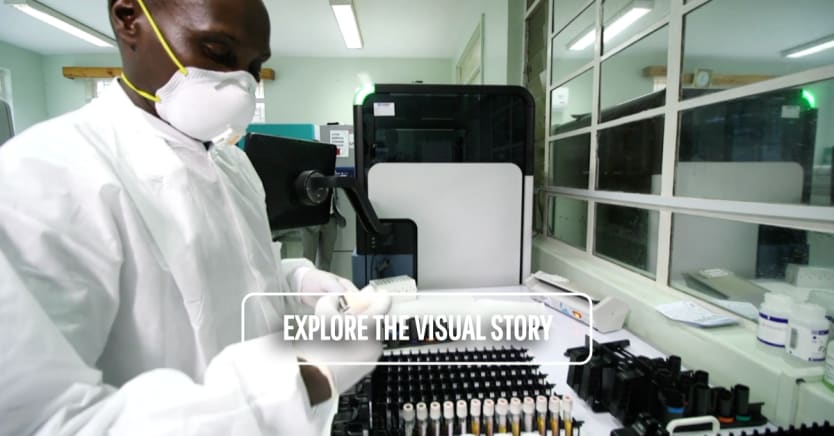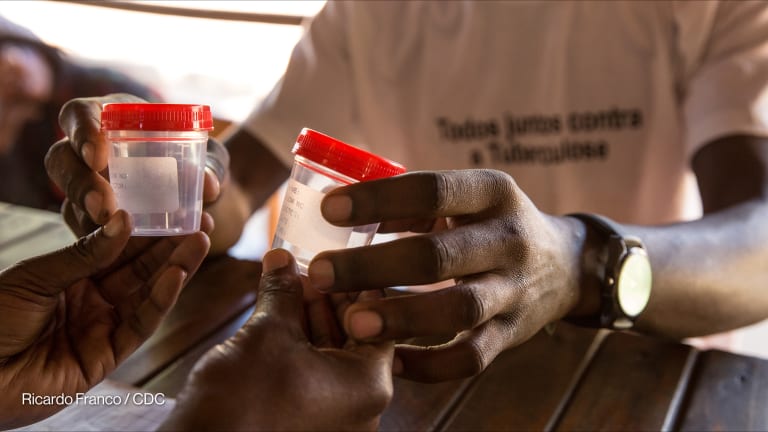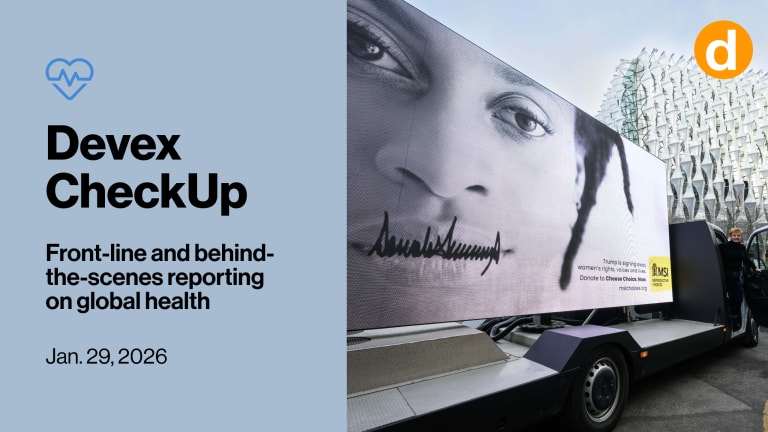What’s in the way of Africawide molecular diagnostic rollout?

“It really is a game changer.” That’s how Dr. Chanda Chitalu, an infectious disease specialist based in Zambia, refers to molecular diagnostics — a collection of tests that have the ability to “assess health at a cellular and molecular level” following the collection of a blood or saliva sample.
Analysis of the organism’s sequences can pinpoint the potential emergence of cancers, congenital abnormalities, and infectious diseases, including HIV, hepatitis B and C, severe acute respiratory syndromes, and human papillomavirus.
“One of the most important things about molecular diagnostics is making accurate diagnoses,” said Matilu Mwau, deputy director at the Kenya Medical Research Institute, adding that the prescription of the wrong medication can contribute to antimicrobial resistance while a lack of diagnosis can have deadly consequences.
“If a person is not able to access a molecular test at all and you can't make a decision … then [the patient is] going to die sooner or later because you're not going to give them medication that could save their lives,” he said. “Then suppose a person suspects you have HIV and you don't have it and they give you medication for HIV for the rest of your life. It's unthinkable.”
Yet molecular diagnostics aren’t widely available in Africa, the continent with the highest burden and variety of infectious diseases. According to the World Health Organization, the African continent has 25.6 million cases of HIV with access to viral load testing varying greatly, while 60 million live with hepatitis B and 10 million endure hepatitis C.
Search for articles
Most Read
- 1
- 2
- 3
- 4
- 5








